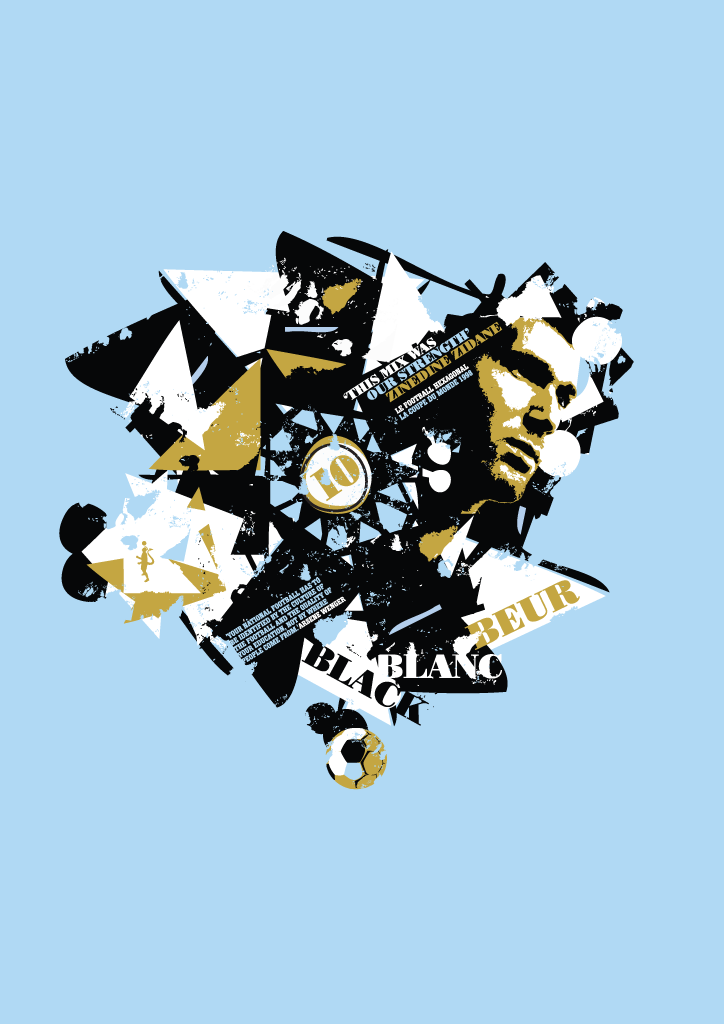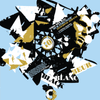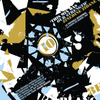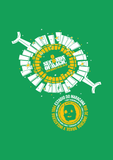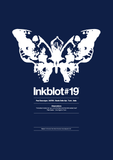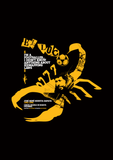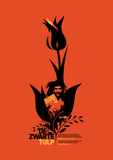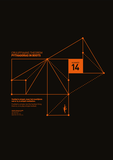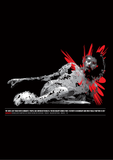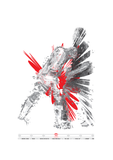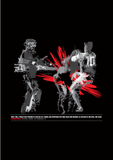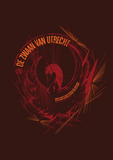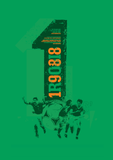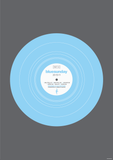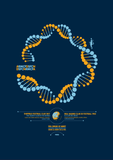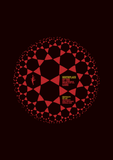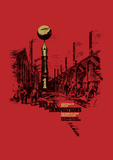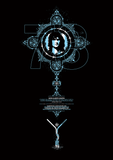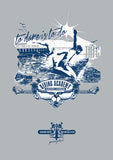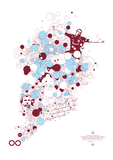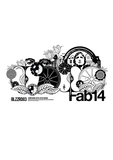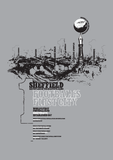Zinedine ZidaneBlack Blanc Beur
The Hexagon (l' Hexagone) is an epithet of France, owing to the shape of its European mainland. The FIFA World Cup was contested in France in 1998 and 'Le football hexagonal' triumphed when the French national team won the World Cup on home soil.
The team's World Cup success was seen as ultimate proof that integration had worked in France. There was nothing that prevented the children of immigrants succeeding in French society, and it was famously celebrated as a melange of 'Black, Blanc, Beur' (black, white and Arab). It was a playful dig at the red, white, and blue colours of the French national flag, and was born of the cultural and ethnic diversity of the team, whose families had roots in both French colonialism and post-colonial immigration. The players’ origins included France, Guyana, Kalmykia, Poland, Armenia, Ghana, Algeria, Guadeloupe, Mantillas, New Caledonia and Argentina.
Zinedine Yazid Zidane was central to the team's success and emerged as the iconic figure in the set-up. Born 23 June 1972 in Marseille, France, he is regarded as one of the game's all-time greats. One of only two players to have won the FIFA World Player of the Year three times, he was part the generation who won the Coupe du Monde France 98 and the 2000 European Championship.
Zidane, whose parents emigrated from Algeria to France in 1953, has become a proud symbol of the multicultural French society. ‘Black, Blanc, Beur’ was a slogan often touted as a mythological tricolor of racial tolerance, but according to Zidane, it was nothing more than 'media invention'. Although dismissive of the label, he did acknowledge that there was a multicultural pride that surrounded the team, famously saying: 'This mix was our strength'.
As much as the so-called 'beautiful game' would like to represent a color-blind and cosmopolitan ideal of a multi-cultural society, the reality off the field — and occasionally even on the field — is a lot uglier. France is a country that has often had a difficult time integrating its minorities into peaceful co-existence. Le Pen (Leader of French National Front) grumbled at the time that the victors of 1998 were not 'a real French team'. In May 2011 the French Football Federation, with Laurent Blanc as national team coach (captain of the 1998 French side), were embroiled in a huge controversy when rumors emerged that the FFA were proposing to cap the number of young players of non-French origin progressing through the youth football academies. In a response to this controversy, Arsene Wenger, Arsenal's long-serving, progressive French manager, made his feelings clear, stating ‘Your national football has to be identified by the culture of the football and the quality of your education, not where people come from’.
When the French team won the World Cup in 1998 it was not just a sporting achievement, it was a social phenomenon. The notion of ‘Black Blanc Beur’ was picked up and misapprehended by both media and politics to indicate social harmony. The urban ghetto riots in France 2005 serves as a harsh reminder that integration is not yet a reality, but at the same time the triumph of ‘Black Blanc Beur’ serves as evidence that something positive can come out of marginalised communities.
'This mix was our strength'
Zinedine Zidane
‘Your national football has to be identified by the culture of the football and the quality of your education, not where people come from.’
Arsene Wenger


